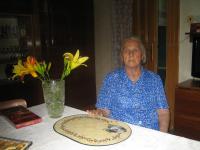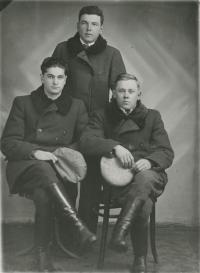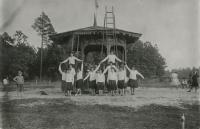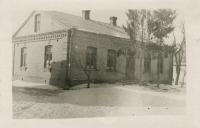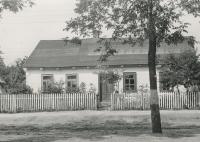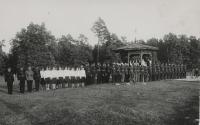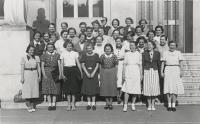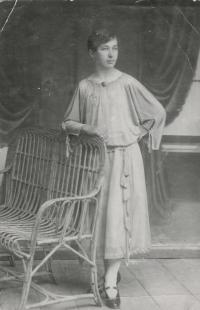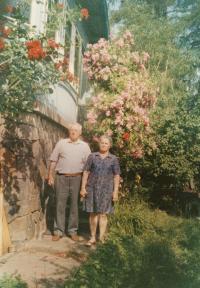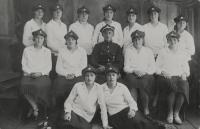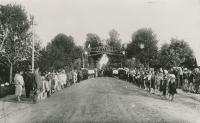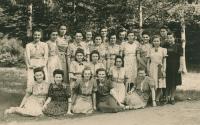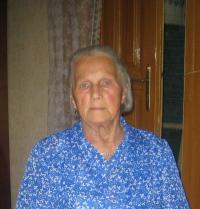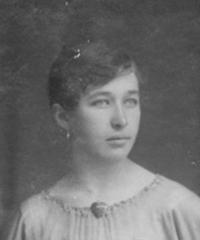I could not imagine living without a farm

Stáhnout obrázek
Ludmila Klejšmídová, nee Messnerová, was born on 11th March 1928 in Kněhyninky near Lutsk in a part of Volhynia which now belongs to Poland. She witnessed the Soviet occupation in 1939-1941 as well as the German occupation in 1941-1944. Towards the end of the German occupation she helped a Russian soldier who was hiding in the cellar. After the area was liberated by the Red army, the soldier was sent to the front where he died. The same thing happened to one of Ludmila‘s uncles. Another uncle went missing. Ludmila‘s father and her brother were also drafted but they both survived and after the war they settled down in Czechoslovakia. Ludmila also moved to Czechoslovakia together with her husband Alexander and her seven months old daughter. She settled in Eastern Bohemia and run a small farm. Later she was forced by the communist officials to join a collective farm. Currently she is currently retired and lives in Jaroměř.
